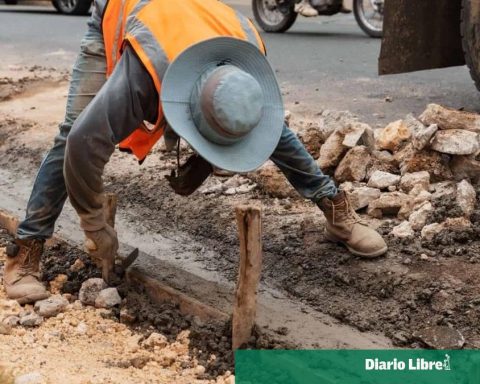The National Institute of Statistics (INE) is being questioned as a result of the results of the 2021 Agricultural and Forestry Census, which did not achieve the expected results for the main regions of the central zone of the country.
As reported Thirdaccording to a report from the Office of Agrarian Studies and Policies (Odepa), when contrasting the regional forestry and agricultural and livestock GDP with the quality indicators, it can be seen that the greatest coverage problems are found in regions with the greatest forestry and agricultural and livestock activity, preponderating the Maule region with an average rate of 27.6% and Ñuble with a non-achievement rate of 28.1%.
Closely followed by the Biobío region with a non-achievement rate of 28.0%, while in Maule it was 27.6% and in La Araucanía 25.2%.
Likewise, it is reported that the fall in the wine-producing area is not consistent with the results of the 2020 vineyard cadastre, nor with the performance of the sector. “The area reported in the 2021 Agricultural and Forestry Census has a difference of more than 5 million hectares with information available in Conaf 2021,” the document states.
Given the situation, Odepa foresees that the solutions can be from going to the field to interviewing the unsuccessful units, cabinet imputations and/or complementing with information from administrative records of the Ministry of Agriculture that measure reproductive variables of the sector.
Likewise, Odepa and the INE are developing the formation of a panel of experts to assess the magnitude of the situation and can provide recommendations to follow to fill the information gaps for the establishment of a sampling frame for continuous surveys.
For the former Minister of Agriculture, Carlos Furche, the Government of President Boric must “convoke a panel of independent experts, because what is required here is a technical discussion that points to instruments and mechanisms that allow the questions to be resolved.”
“What one would expect is that they propose formulas that allow us all to be calm and confident in the information provided by the agricultural census to define good public policies,” the former minister added.
For her part, Democratic Revolution deputy Consuelo Veloso announced that she will request the creation of an investigative commission, since the Census presents serious coverage problems in various regions of the country, especially in rural and agricultural areas. “This implies its failure as an instrument for making public policy decisions,” she declared.
Meanwhile, Senator Iván Flores (DC) pointed out that “the census is useless and now we have to see how this can be fixed.”
“$21 billion have been spent in the previous government, and today we know that the Census is useless, because nobody knows the size of the sampling error, and because there is at least 25% in some regions where the census could not be done because they did in a pandemic. This is serious and unacceptable,” he said.
From the INE they stated that “it is important to understand that the data from this census can be used” and that “the achievement and non-achievement rates were delivered so that users have complete information and that the analyzes that are carried out are considering said information”.
Along these lines, they reported that “different complementary analyzes are being made available to decision makers, academics, and the general public,” and that “the panel is currently being formed.”

















